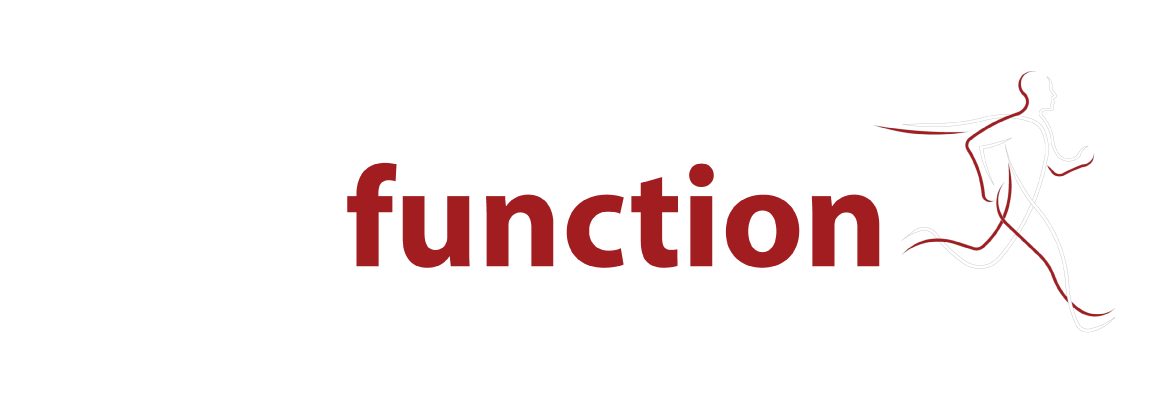Have you been told your pain is from bursitis? It’s probably NOT bursitis…
If you’ve had shoulder pain for any period of time and seen your doctor, chances are you’ve had a diagnosis of ‘bursitis’.
But is it actually bursitis and even if it was did you receive any meaningful guidance or advice on what to do?
Let’s look at what the research actually tells us about bursitis, or moreso sub-acromial or rotator cuff related shoulder pain (the scientific terms used to describe the more common pain from the shoulder).
Although bursitis is a common diagnosis that gets thrown around quite a lot with shoulder pain, the research actually tells us quite a different picture of what’s going on.
In most cases, including people who have NO shoulder pain, if you sent them for a scan, you would find ‘bursitis’. In fact up to 96% of asymptomatic shoulders have been shown to have bursal thickening[1]. What this tells us is that bursitis is often an incidental finding and not really the true cause of your shoulder pain. That’s why just going for an injection often doesn’t work.
So what IS the cause?
Well, it’s usually more difficult then just 1 cause – shoulder pain can come from a few sources and other factors like stress, work, sleep, depression can all affect someone’s perception of shoulder pain[2]. This is why it’s important to have a thorough exam by someone who understands the shoulder and pain well.
However, one of the most common aspects found in shoulder pain is rotator cuff injury or weakness[3].
Hence, what we should be focusing on with the majority of shoulder related pain is actually strengthening the rotator cuff and building back capacity of the tissue to withstand movement and load.
This also has the added benefits that exercise has for general and mental health, so its a win-win!
If you’ve been dealing with shoulder pain and want a thorough assessment and rehab plan, book an assessment below.
Yours In Health,
Matthew Kaloutsis
REFERENCES
1. https://pubmed.ncbi.nlm.nih.
2. https://pubmed.ncbi.nlm.nih.
3. https://linkinghub.elsevier.




